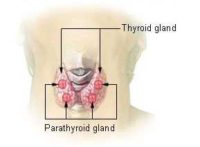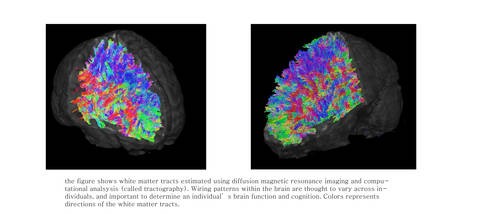Author Interviews, Fertility, JAMA, OBGYNE / 16.05.2018
Does Acupuncture Increase Live Births For Women Undergoing IVF?
MedicalResearch.com Interview with:
 Caroline Smith, PhD
Professor Clinical Research
Western Sydney University Research Theme Champion Health and Wellbeing
MedicalResearch.com: What is the background for this study? What are the main findings?
Response: Despite technological improvements to IVF the success of IVF treatment remains low. Consequently, new drugs, laboratory techniques and other treatments need to be developed and rigorously tested to explore their effects on producing healthy babies for women undergoing IVF. In 2002, the first randomised controlled trial of acupuncture administered a specific form of IVF acupuncture at the time of embryo transfer.
The results indicated the chance of achieving a pregnancy from acupuncture was twice that to women undergoing IVF treatment alone. From mid 2000s many women have started to use adjunctive treatments such as acupuncture whilst undergoing IVF. We conducted and reported on a pilot study in 2006 which produced results suggesting a benefit. It is important that these findings were rigorously examined in a larger trial.
Findings are presented from our trial presented in JAMA. Our study of over 800 Australian and New Zealand women undergoing acupuncture treatment during their IVF (in vitro fertilization) cycle has failed to confirm significant difference in live birth rates.
(more…)
Caroline Smith, PhD
Professor Clinical Research
Western Sydney University Research Theme Champion Health and Wellbeing
MedicalResearch.com: What is the background for this study? What are the main findings?
Response: Despite technological improvements to IVF the success of IVF treatment remains low. Consequently, new drugs, laboratory techniques and other treatments need to be developed and rigorously tested to explore their effects on producing healthy babies for women undergoing IVF. In 2002, the first randomised controlled trial of acupuncture administered a specific form of IVF acupuncture at the time of embryo transfer.
The results indicated the chance of achieving a pregnancy from acupuncture was twice that to women undergoing IVF treatment alone. From mid 2000s many women have started to use adjunctive treatments such as acupuncture whilst undergoing IVF. We conducted and reported on a pilot study in 2006 which produced results suggesting a benefit. It is important that these findings were rigorously examined in a larger trial.
Findings are presented from our trial presented in JAMA. Our study of over 800 Australian and New Zealand women undergoing acupuncture treatment during their IVF (in vitro fertilization) cycle has failed to confirm significant difference in live birth rates.
(more…)
 Caroline Smith, PhD
Professor Clinical Research
Western Sydney University Research Theme Champion Health and Wellbeing
MedicalResearch.com: What is the background for this study? What are the main findings?
Response: Despite technological improvements to IVF the success of IVF treatment remains low. Consequently, new drugs, laboratory techniques and other treatments need to be developed and rigorously tested to explore their effects on producing healthy babies for women undergoing IVF. In 2002, the first randomised controlled trial of acupuncture administered a specific form of IVF acupuncture at the time of embryo transfer.
The results indicated the chance of achieving a pregnancy from acupuncture was twice that to women undergoing IVF treatment alone. From mid 2000s many women have started to use adjunctive treatments such as acupuncture whilst undergoing IVF. We conducted and reported on a pilot study in 2006 which produced results suggesting a benefit. It is important that these findings were rigorously examined in a larger trial.
Findings are presented from our trial presented in JAMA. Our study of over 800 Australian and New Zealand women undergoing acupuncture treatment during their IVF (in vitro fertilization) cycle has failed to confirm significant difference in live birth rates.
(more…)
Caroline Smith, PhD
Professor Clinical Research
Western Sydney University Research Theme Champion Health and Wellbeing
MedicalResearch.com: What is the background for this study? What are the main findings?
Response: Despite technological improvements to IVF the success of IVF treatment remains low. Consequently, new drugs, laboratory techniques and other treatments need to be developed and rigorously tested to explore their effects on producing healthy babies for women undergoing IVF. In 2002, the first randomised controlled trial of acupuncture administered a specific form of IVF acupuncture at the time of embryo transfer.
The results indicated the chance of achieving a pregnancy from acupuncture was twice that to women undergoing IVF treatment alone. From mid 2000s many women have started to use adjunctive treatments such as acupuncture whilst undergoing IVF. We conducted and reported on a pilot study in 2006 which produced results suggesting a benefit. It is important that these findings were rigorously examined in a larger trial.
Findings are presented from our trial presented in JAMA. Our study of over 800 Australian and New Zealand women undergoing acupuncture treatment during their IVF (in vitro fertilization) cycle has failed to confirm significant difference in live birth rates.
(more…)








